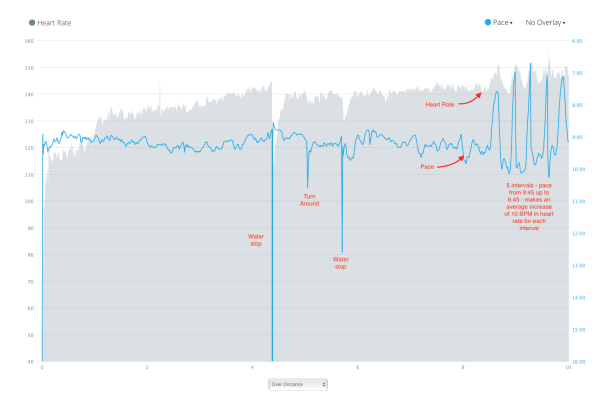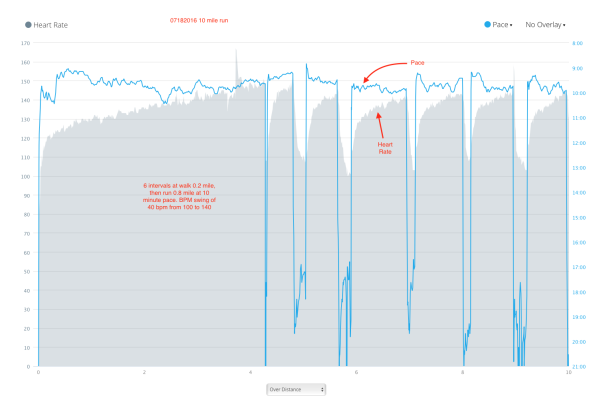haha
Give me a museum and I'll fill it. (Picasso) Give me a forum ...
I am 75. One of my grandfathers was born during the war between the states. He was a farmer, who like many in his era worked his land with a team of big horses. He was almost 90 when he died. He fed his hogs, sat down on the cistern top, and died. He worked hard every day, but in the years that I knew him I never once saw him run, save occasionally waving his arms to head some cows back together. Ha
Sent from my iPhone using Early Retirement Forum
Sent from my iPhone using Early Retirement Forum


